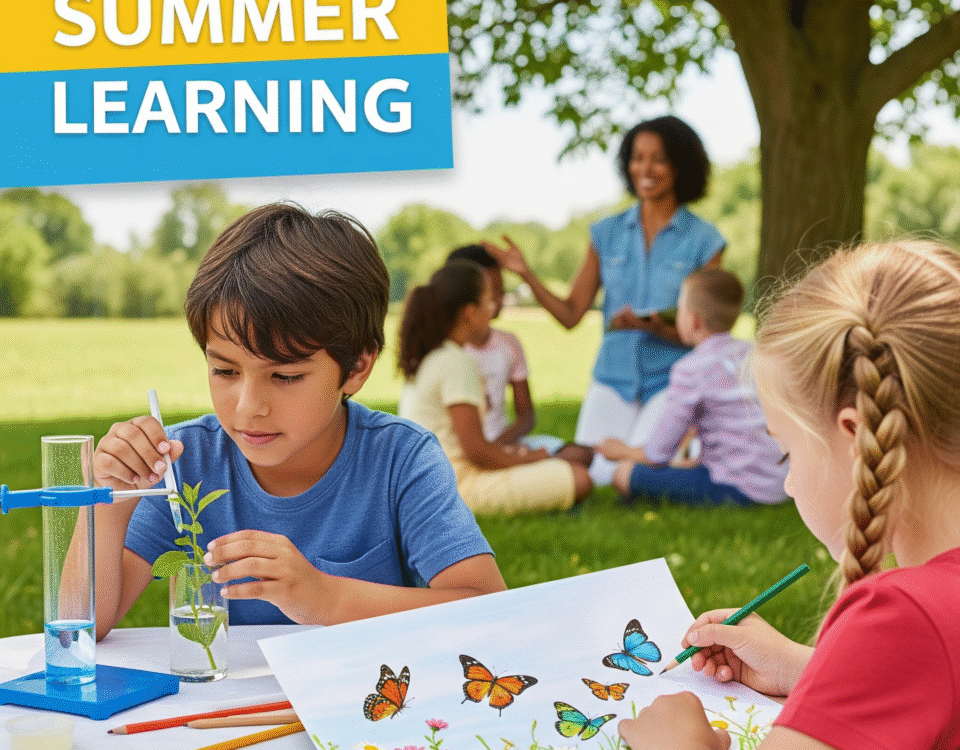- Have any questions?
- (561) 206-2574
- jamie@JamieTheTutor.com
Back to School Safety

19 Back To School Essentials for 2021
July 28, 2021
Music and Learning
September 12, 2021Back to School Safety

As a parent, one of the biggest challenges you have dealt with is how to let your child safely be a child during the COVID-19 pandemic.
With many school districts offering in-person classes in August, you now face the question of how to keep your child safe in the classroom, especially as the more infectious Delta variant continues to increase COVID-19 cases.
As you prepare for your child’s return to class, you can be sure that you can take measures to help them stay healthy. You are not alone in this. Resources, such as your child’s primary care physician, are available to help answer questions and provide the resources you need.
Here are six ways to ensure your children are safely sent back to school:
Don’t Get too Close
Social distancing is still important, even if your child is immunized. The most likely way for COVID-19 to spread is from person to person – mostly between people who are in close contact with each other. And while COVID-19 vaccines provide strong protection against serious disease, no vaccine is 100% perfect at preventing infection. Also note that an infected person may be asymptomatic but still contagious.
Get some cool well-fitting masks
Wearing a mask helps contain any potentially infectious respiratory droplets that may be released when breathing, talking or coughing – especially when social distancing is more difficult, or even if the person does not yet know they are sick.
Count to 20 while washing hands
Washing your hands can help reduce the risk of contracting the disease by touching a contaminated surface, and then spreading the virus to your eyes, nose, or mouth if you touch your face. Transmission from surface to person is not the main way COVID-19 spreads, but – like an infected person releases airway droplets that can infect people nearby – infectious airway droplets can also contaminate nearby surfaces.
Check the school’s plans
It is important to make sure your child’s school is following the recommendations set by public health officials – implementing every plan and measures needed to keep your child safe at school.
Schools should be actively contacting you about this. security measures, but make sure you have the answers to the following questions:
- What changes have been made to classrooms, corridors, canteens and buses to ensure social distancing?
- Is frequent hand washing and readily available hand sanitizers?
- Has the number of cleaning services been increased and how often should surfaces be disinfected?
- Do sick students and staff have to stay at home?
- What is the plan if someone in school is tested positive for COVID-19?
- What do you do with sports and other activities?
Pay attention to your child’s concerns
As a parent, you play an extremely important role not only as a trusted source of information, but also as a confidant.
It is important that your child is comfortable expressing any concerns or fears they may have before returning to school during a pandemic, so try to be as accessible and prepared as possible. Being vulnerable, however, is difficult, so you may need to be the person to initiate the conversation if the topic doesn’t come up by itself.
Whether your child is worried about having to wear a mask all day or is it a confirmed case in school, make sure you listen carefully, sympathize often, and help your child cope with his feelings in a reassuring way.

